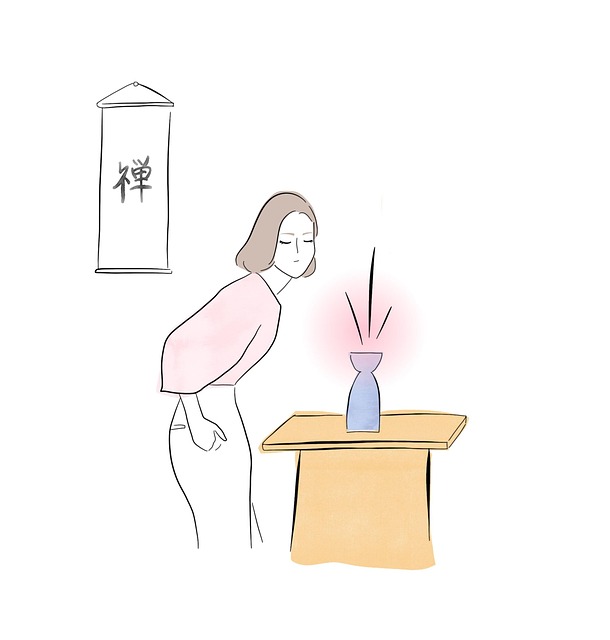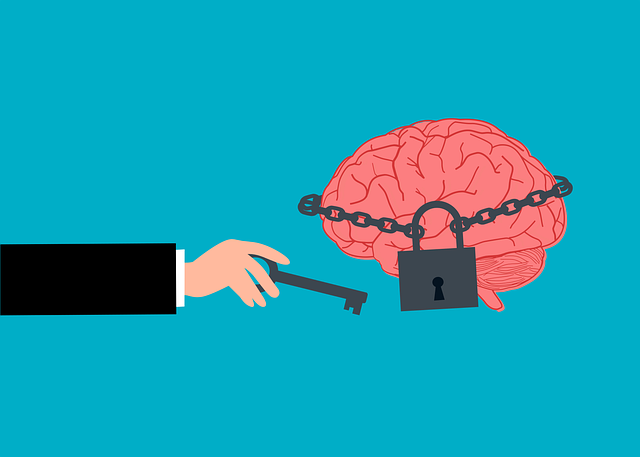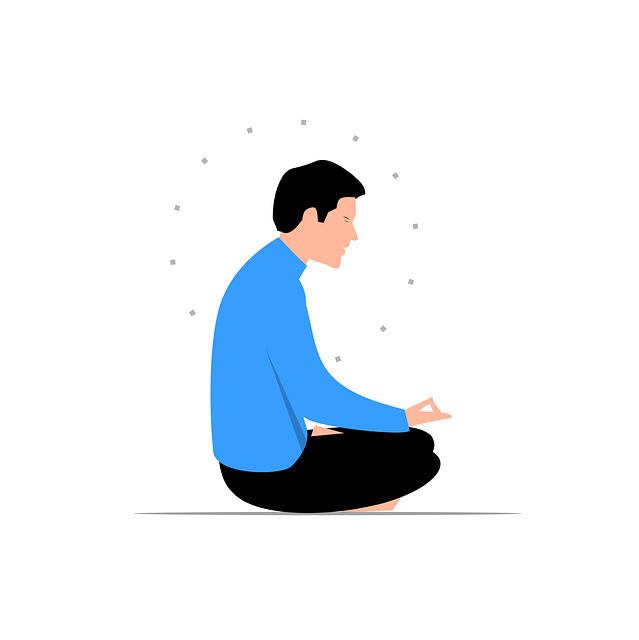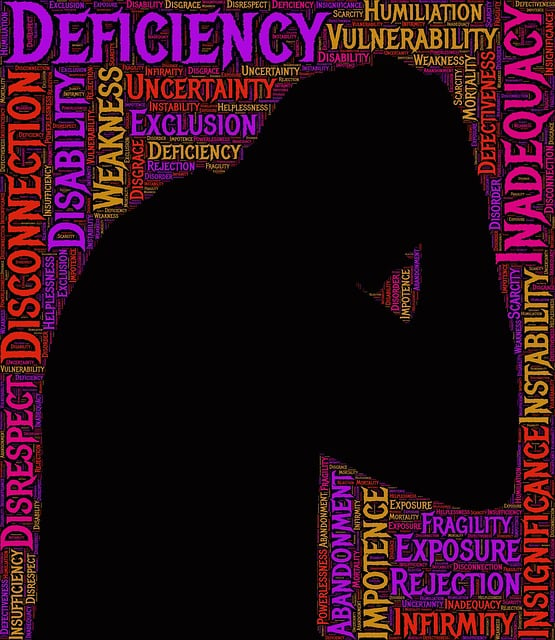Boulder Self-Esteem Therapy offers a holistic approach to combat low self-esteem by identifying and transforming negative thought patterns. Through personalized support, cultural sensitivity training, and effective techniques like gratitude practices and cognitive reframing, individuals gain resilience, self-acceptance, and improved well-being. This therapy empowers people to challenge self-limiting beliefs, build mental fortitude, enhance relationships, and even inspire community outreach, ultimately preventing stress and burnout.
“Unleash your inner strength with Boulder Self-Esteem Therapy—a transformative approach to cultivating a positive mindset. This article guides you through a powerful journey of self-improvement, offering insights into how to identify and disrupt negative thought patterns. Discover practical exercises designed to enhance well-being and promote positive thinking. By integrating these strategies into daily life, you’ll achieve lasting results, fostering a happier, more confident you.”
- Understanding Boulder Self-Esteem Therapy: A Powerful Tool for Positive Thinking
- Identifying Negative Thought Patterns: The First Step Towards Change
- Practical Exercises to Cultivate a Positive Mindset
- Integrating Positive Thinking into Daily Life: Tips and Strategies for Long-Lasting Results
Understanding Boulder Self-Esteem Therapy: A Powerful Tool for Positive Thinking

Boulder Self-Esteem Therapy is a powerful and effective approach designed to enhance individuals’ self-perception and overall well-being. This therapeutic method focuses on empowering people to challenge negative thought patterns and build resilience, fostering positive thinking as a lifelong practice. By delving into one’s mindset and emotions, this therapy helps individuals develop coping skills that are tailored to their unique experiences and cultural backgrounds.
The process involves exploring personal beliefs, identifying self-limiting thoughts, and replacing them with more adaptive and positive ones. It encourages self-acceptance and cultivates a sense of belonging, addressing the root causes of low self-esteem. This holistic approach considers individual differences, including cultural sensitivity in mental healthcare practice, ensuring that every patient receives personalized support. Healthcare provider cultural competency training plays a crucial role in delivering Boulder Self-Esteem Therapy effectively, enabling practitioners to understand and respect diverse perspectives.
Identifying Negative Thought Patterns: The First Step Towards Change

Uncovering and addressing negative thought patterns is a pivotal step in embarking on a journey towards positive thinking and enhanced Boulder Self-Esteem Therapy. Many individuals struggle with self-critical or pessimistic thoughts, which can significantly impact their daily lives and overall well-being. These negative patterns often manifest as automatic responses to certain situations or triggers, creating a cycle of self-doubt and negativity.
By recognizing these thought processes, one can begin to challenge and replace them with healthier alternatives. This initial step fosters the development of resilience building blocks, empowering individuals to navigate challenges with greater ease. Moreover, learning effective conflict resolution techniques and coping skills development becomes more accessible when negative thoughts are identified and managed, allowing for a more balanced and positive mindset.
Practical Exercises to Cultivate a Positive Mindset

Cultivating a positive mindset is a powerful tool for enhancing mental health awareness and overall well-being. One effective approach to achieve this is through practical exercises designed to challenge negative thought patterns. For instance, individuals can start their day with a gratitude practice, taking a few moments to reflect on and appreciate the good in their lives. This simple act can shift focus away from negativity, fostering a more optimistic outlook.
Additionally, techniques like cognitive reframing can be powerful tools for depression prevention. This involves identifying negative thoughts and consciously replacing them with more positive and realistic alternatives. For those seeking professional guidance, Boulder Self-Esteem Therapy offers specialized programs that combine various exercises, including social skills training, to empower individuals in managing their mental health effectively.
Integrating Positive Thinking into Daily Life: Tips and Strategies for Long-Lasting Results

Incorporating positive thinking into your daily routine is a powerful tool for enhancing well-being and achieving personal growth. It’s like transforming your mindset from a dusty, forgotten attic to a vibrant, organized space where optimism thrives. Start by setting aside dedicated time each day—perhaps during morning meditation or evening reflection—to cultivate gratitude. Reflect on the small victories and beautiful moments of the day. This simple practice can shift your perspective, making you more aware of life’s positives.
Additionally, challenge negative thought patterns with conscious effort. When facing a challenging situation, ask yourself: “Am I reacting emotionally or responding rationally?” Often, we let initial thoughts dictate our feelings. By taking a step back and consciously choosing positive affirmations, you can build resilience against stress and burnout (burnout prevention). This process strengthens your mental fortitude, fostering empathy building strategies within yourself and improving relationships with others. Even considering community outreach program implementation can be inspired by this mindset shift, as it encourages connection and support on a larger scale.
Boulder Self-Esteem Therapy offers a transformative approach to positive thinking, empowering individuals to identify and challenge negative thought patterns. By implementing practical exercises discussed in this article—from cultivating gratitude to reframing negative scenarios—you can integrate positive thinking into your daily life. With consistent practice, these strategies will contribute to long-lasting improvements in mental well-being and overall satisfaction.














